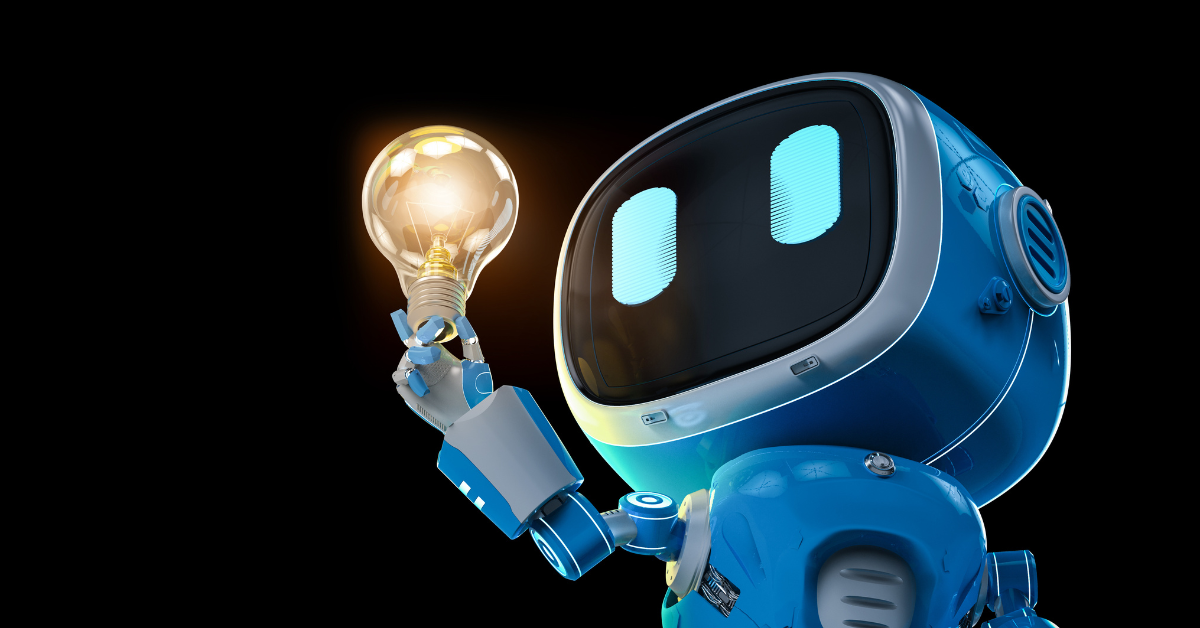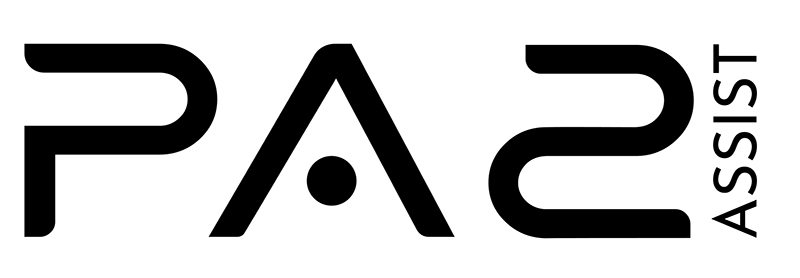The Rise of AI: Integrating Artificial Intelligence in Personal Assistance


Introduction:
The integration of Artificial Intelligence (AI) into personal assistance has marked a new era in technology and convenience. AI has revolutionized the way personal tasks are managed, bringing efficiency, precision, and innovation to daily life. In this blog post, we will explore how AI is transforming personal assistance and what this means for both consumers and professionals.
AI in personal assistance refers to the use of machine learning, natural language processing, and other AI technologies to perform tasks traditionally done by human assistants. This includes scheduling appointments, managing emails, providing reminders, and even making reservations. AI personal assistants can learn from interactions, making them more efficient and personalized over time.
AI assistants have evolved from simple task-based bots to sophisticated systems capable of understanding and executing complex requests. Platforms like Apple’s Siri, Google Assistant, Amazon’s Alexa, and Microsoft’s Cortana are prime examples of AI assistants becoming integral parts of our daily lives.
Businesses are increasingly adopting AI personal assistants for various functions, including customer service, data management, and scheduling. This integration results in streamlined operations, improved customer interactions, and enhanced productivity.
While AI offers numerous benefits, there are challenges and ethical considerations:
The future of AI in personal assistance looks promising, with advancements leading to more intuitive, human-like interactions. The development of AI ethics and continuous improvement in privacy protection will also play a significant role in its evolution.
The rise of AI in personal assistance represents a significant shift in how we manage our personal and professional lives. While it offers efficiency and convenience, it’s important to balance the use of AI with human interaction and consider ethical implications. As AI technology continues to evolve, it will undoubtedly become an even more integral part of our daily routines, reshaping the concept of personal assistance as we know it.
#AIinPersonalAssistance #ArtificialIntelligence #RiseOfAI #AIAssistants #EfficiencyThroughAI #AIIntegration #FutureOfAI #SmartAssistants #MachineLearning #AITechnology #DigitalAssistance #AIRevolution #PersonalizedAI #AIChallenges #TechTrends2024
Registered Office Address
